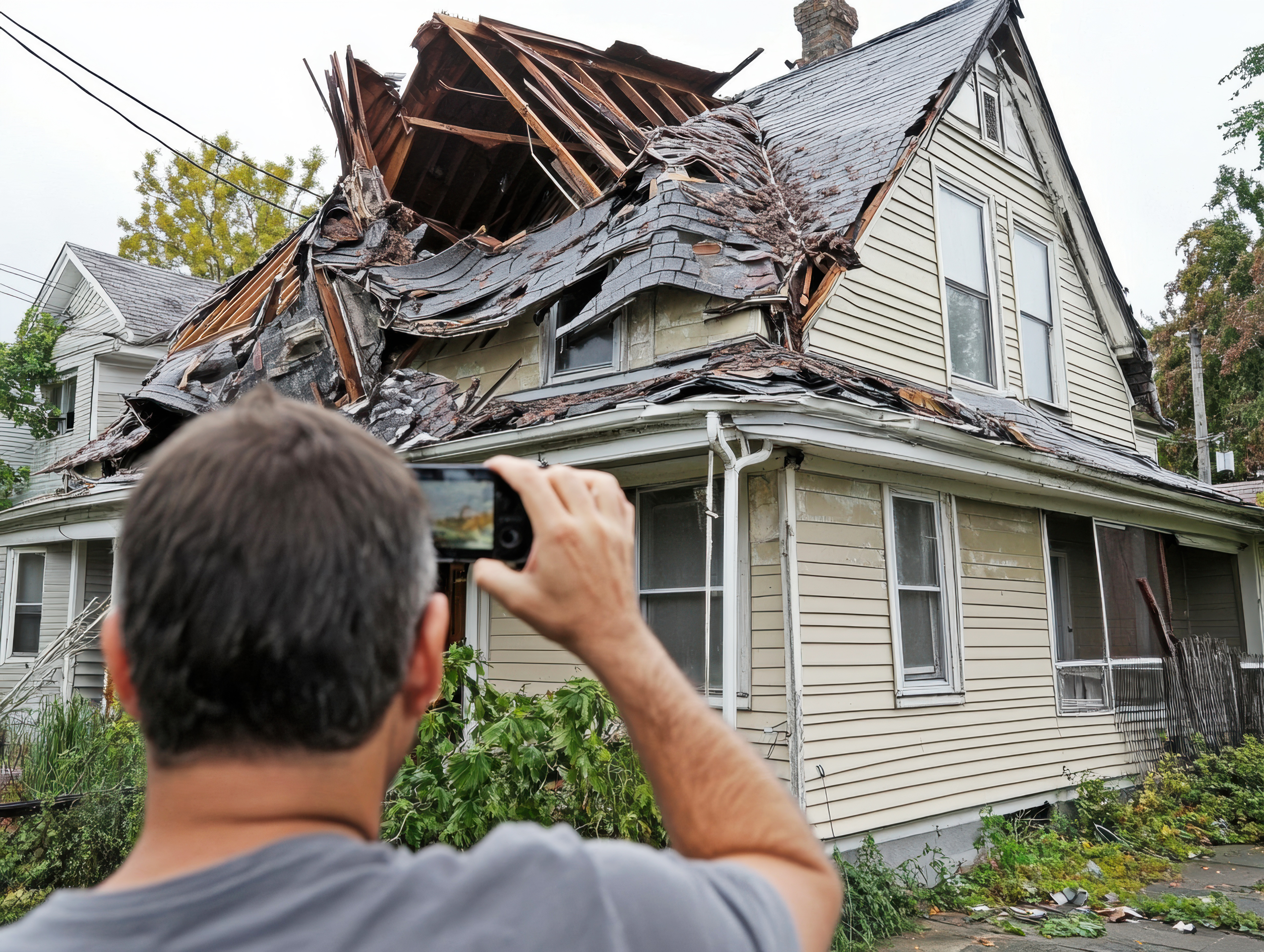Lease agreements are the foundation of any landlord-tenant relationship. For landlords in St. Petersburg and across Pinellas County, understanding what makes a lease enforceable, fair, and legally sound is essential to protecting your property and your peace of mind. Whether you’re self-managing your rental or working with a St. Petersburg property management company, here’s what you need to know about creating and maintaining a strong lease agreement.
Why the Lease Matters!
The lease defines the rules of engagement between you and your tenant. It sets expectations, outlines responsibilities, and provides legal protections for both parties. A vague or poorly written lease can lead to misunderstandings, nonpayment, and legal disputes.
Basic Elements of a Strong Lease
Every lease should clearly include:
- Names of all tenants and occupants
- Property address
- Lease term (start and end dates)
- Rent amount and due date
- Security deposit amount and terms for return
- Maintenance responsibilities
- Policies on pets, smoking, and guests
- Procedures for lease renewal and termination

In Florida, certain disclosures are also required by law, such as the landlord’s contact information and the location of the security deposit.
Common Mistakes Landlords Make
1. Using generic templates – Downloaded leases may not comply with Florida law or reflect St. Petersburg-specific norms.
2. Not addressing late fees or grace periods – Ambiguity can make enforcement difficult.
3. Failing to define maintenance expectations – Who handles lawn care? Who changes air filters?
4. Lack of clarity on renewal terms – Will the lease convert to month-to-month or automatically renew?
Working with a property management company can help avoid these mistakes. They typically use attorney-prepared leases tailored to Florida regulations.
Lease Enforcement: Staying Consistent
Once a lease is signed, consistent enforcement is key. Tenants should be held to the terms—whether it’s rent due dates, pet restrictions, or noise complaints. Picking and choosing what to enforce can lead to confusion and even legal claims of discrimination. A professional St. Petersburg property manager can serve as a neutral third party, ensuring policies are applied fairly and documented properly.
Dealing with Lease Violations
If a tenant violates the lease, your response should follow legal protocol. Common violations include:
- Late or unpaid rent
- Unauthorized occupants or pets
- Damage to the property
- City code non-compliance
In Florida, landlords must provide written notice before pursuing eviction or lease termination. Property management companies are experienced in drafting notices, documenting violations, and pursuing resolution while minimizing conflict.

Legal Considerations in Florida
Florida has specific rules that govern lease agreements, including:
- Security deposit return deadlines (15–30 days depending on in a claim is made)
- Notice periods for non-renewal or termination
- Procedures for lease-breaking by military personnel
Failing to follow these rules can result in financial penalties or loss of your legal position in a dispute. That’s why many landlords choose Pinellas County property management experts to handle lease drafting and enforcement.
Digital Tools and Lease Management
Modern property management platforms allow landlords to:
- Store leases securely online
- Use e-signatures for faster execution
- Set up automated rent reminders and late fees
- Track tenant communications for legal protection
These tools reduce paperwork, improve compliance, and make managing lease terms easier than ever.
Renewals and Rent Increases
When the lease term nears its end, you’ll need to decide whether to renew the tenant, change the terms, or increase rent. Best practices include:
- Reviewing local rental comps in St. Petersburg
- Sending renewal offers at least 60 days before lease end
- Providing clear documentation for any rent increase
An experienced property manager can guide you through the renewal process while maximizing retention and profitability.
In summary, a strong lease agreement is your first line of defense as a landlord, providing clear terms that protect both you and your tenants. It safeguards your property, secures your rental income, and helps maintain your professional reputation. By outlining expectations and responsibilities upfront, it minimizes disputes and ensures a smoother rental experience—so don’t leave your investment to chance!
If you’re unsure about your lease or want to ensure it meets local standards, working with a trusted St. Petersburg property management company can give you confidence and peace of mind. Their legal knowledge, enforcement procedures, and digital systems make lease management a breeze.
Stay tuned for more insights on managing rental property successfully in Pinellas County.
Images provided by Vecteezy





